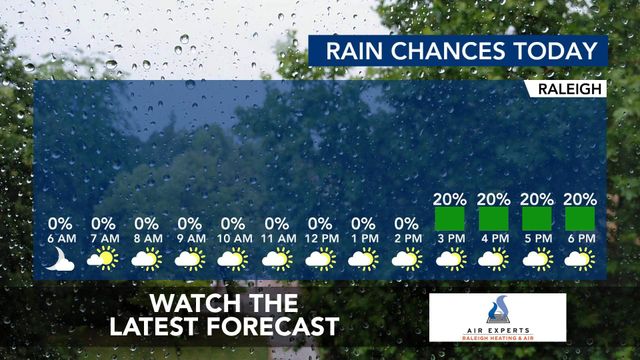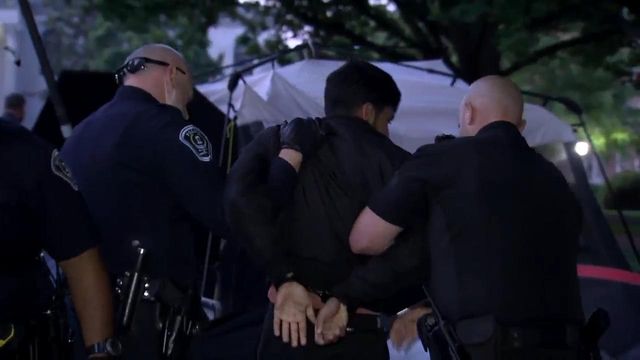House tentatively OKs food stamp crackdown
After several hours of debate over two days, House lawmakers voted Wednesday to tentatively approve new requirements and new penalties for people receiving food stamp benefits.
Under House Bill 1047, the state lottery would be required to report anyone winning more than $2,250 to the Department of Health and Human Services to be cross-checked against a list of people receiving food stamp benefits. If winners are enrolled in the assistance program, their cases would be reviewed to determine whether they're still eligible for benefits.
"The main reason is to protect the long-term viability of the program, to be good stewards and to understand that it’s important that the people who truly need the benefits are the ones getting them," said sponsor Rep. Bert Jones, R-Rockingham. "We’re just trying to weed out opportunities where there may be fraud or abuse."
As initially presented to the House, the proposal would also have suspended or ended benefits for the entire household, including children, if an adult in that household broke the program rules. That would include work requirements passed last year for able-bodied adults without dependents.
"That has been one of the most popular things that we have done is reinstate those requirements," Jones said Tuesday. "This law just puts a little bit of teeth on this to set this qualification. The federal standard penalty should apply, and this would cause that to happen."
But Democrats and some Republicans expressed concern about holding children accountable for adults' mistakes.
"Wait a minute, now. You're getting ready to create something else when you do this to children," said Rep. Garland Pierce, D-Scotland. "Now you've got parents (who) can't feed their children. Social services is going to step in and take the children, then you and I are going to have to pay to put them in a foster home. It's just a vicious cycle that should not be there."
The House voted unanimously Wednesday to amend the bill to clarify that only a recipient, not his or her household, could have benefits cut off for non-compliance with program rules.
Lawmakers also added a requirement to the bill that DHHS must report every year on the number of lottery winners recertified, fraud cases caught and federal money saved. The amendment, authored by Rep. Jean Farmer-Butterfield, D- Edgecombe, was agreed to by Jones.
"I think we’re delighted for them to be able to report the savings. Whatever savings we get, I think it’s worth it. We’re simply asking people to comply with the law," Jones said.
An attempt to raise the lottery winner reporting limit from $2,250 to $5,000 failed, even with some Republican support.
"That’s $40 a week for a poor family. I hope that we will all be compassionate," argued Rep. Pat McElraft, R-Carteret. "It’ll help. It’ll still bring in more money, and it won’t hurt poor people."
Jones said he chose the $2,250 threshold because it's also the threshold for reporting lottery winners to the Internal Revenue Service, so lottery officials are already tasked with printing out 1099 forms for them.
"If a person wins the lottery, they may or they may not remain eligible for this government assistance. It’s not some arbitrary number that we took out of the air," Jones argued. "Some states use $600."
Democrats protested that the changes overall would more likely hurt those who can least afford it, rather than finding fraud.
Rep. Larry Hall, D-Durham, said nine counties still don't have worker training programs to help food benefit recipients meet the work requirement.
"When we have that work requirement, we should facilitate people’s ability to be in programs to do it," Hall argued. "Our counties and our folks don’t match up with the policies that we’re making, and they’re not always in their best interest."
The measure passed 75-38, and is scheduled for its final vote Thursday. After that, it goes to the Senate.









